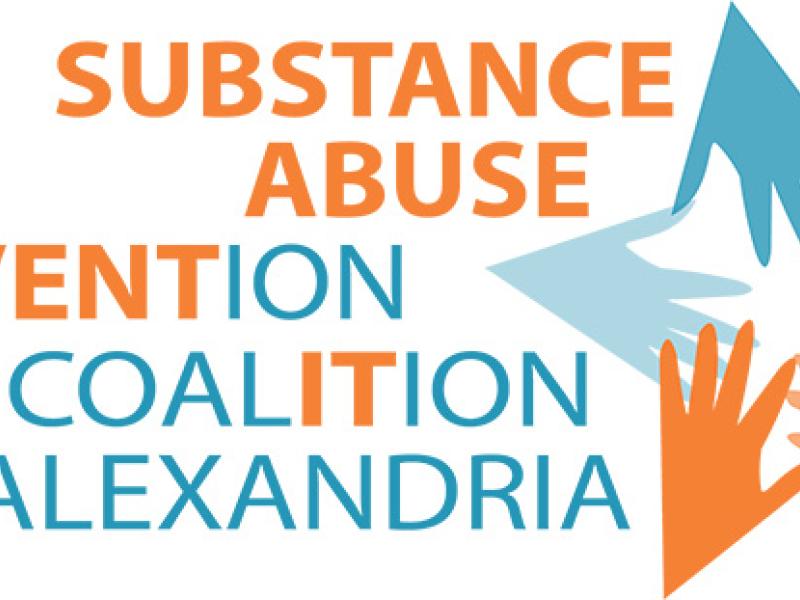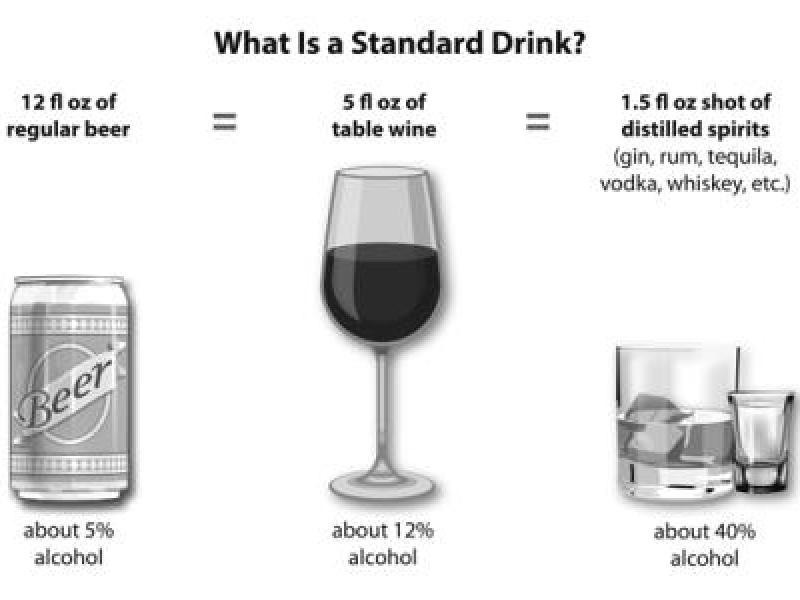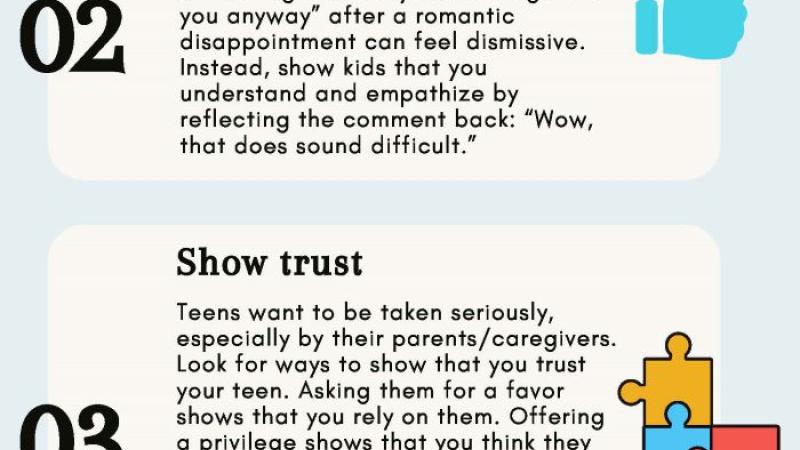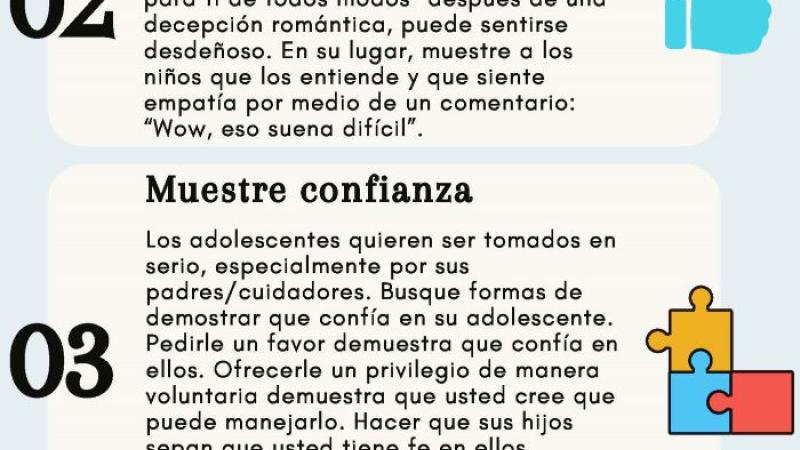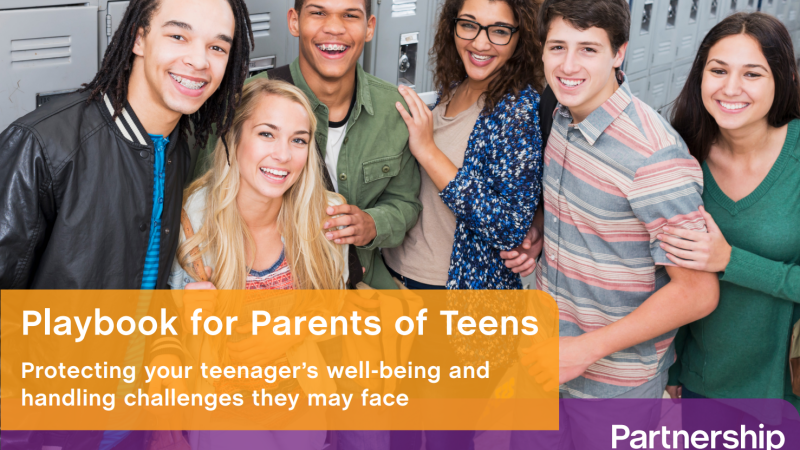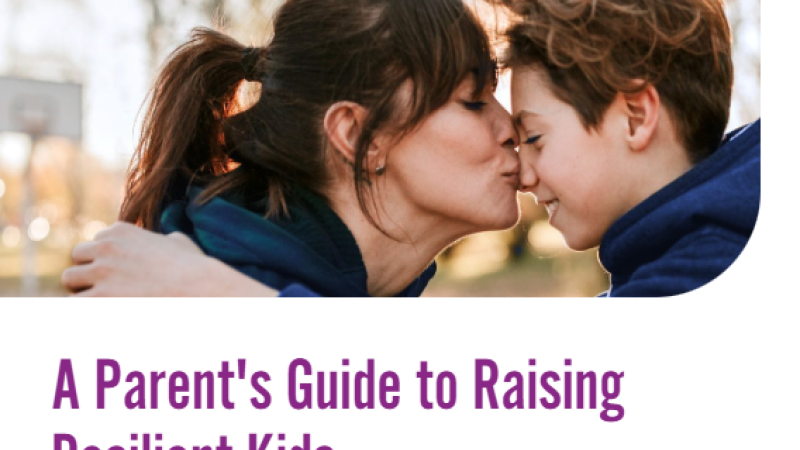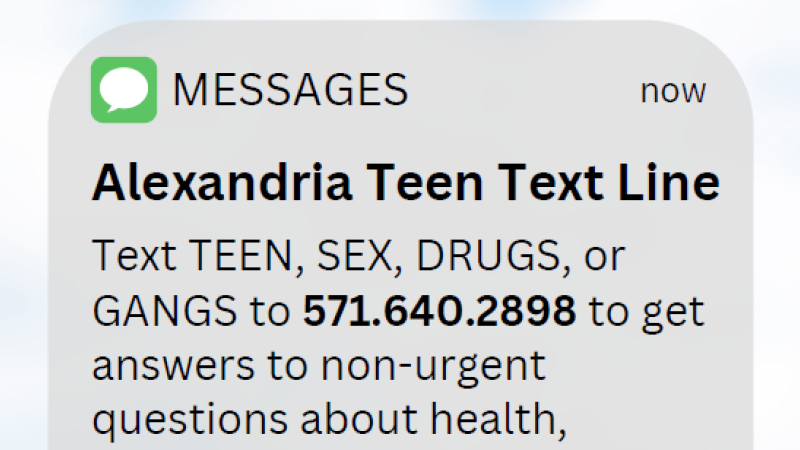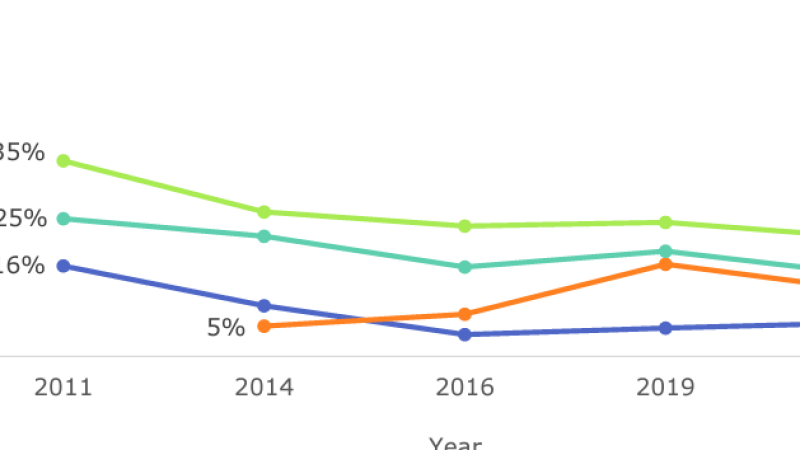Substance Abuse Prevention Coalition of Alexandria (SAPCA)
Information about the Substance Abuse Prevention Coalition of Alexandria (SAPCA).
Page updated on February 11, 2026 at 1:45 PM
XWARNING: You have chosen to translate this page using an automated translation system.
This translation has not been reviewed by the City of Alexandria and may contain errors.
About Us
Volunteer
Ongoing Activities
Sign-up for SAPCA's Newsletter
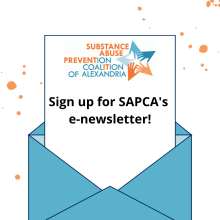
Each month, SAPCA sends out an e-newsletter with information about upcoming events, community resources, and ways to get involved.
- Check out our February 2026 newsletter.
- Click here to sign up and receive our e-newsletter.
- Click here to view past newsletters.
Follow SAPCA on Social Media
Follow SAPCA on Facebook and X (Twitter) to learn about substance use trends and upcoming community events
- Facebook: @SAPCAlexandria
- X (Twitter): @SAPCA_AlexVA

